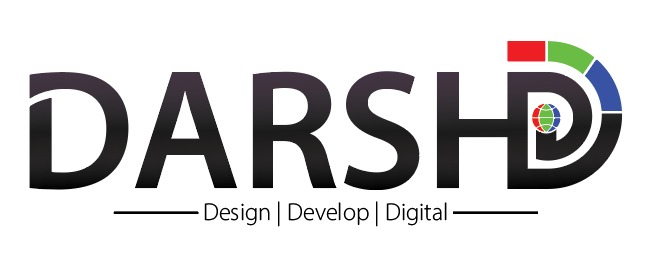CMS Websites
A CMS (Content Management System) website is a website that uses a software application to manage the creation, editing, and publishing of digital content. A CMS provides an interface that allows users to create and modify digital content, such as text, images, videos, and documents, without requiring knowledge of HTML, CSS, or other programming languages.
There are many different CMS platforms available, including WordPress, Drupal, Joomla, and Magento, among others. Each CMS platform has its own unique features and capabilities, and the choice of CMS will depend on the specific needs of the website.
The benefits of using a CMS website include:
Easy content creation and management: CMS platforms provide an intuitive user interface for creating and managing website content, without requiring knowledge of HTML, CSS, or other programming languages.
Quick website updates: With a CMS website, updates can be made quickly and easily, without the need for a web developer or designer.
Improved site structure: CMS websites typically have a well-structured and organized framework, which can improve website functionality and user experience.
Multiple user access: CMS platforms allow multiple users to access and collaborate on website content, which can improve productivity and efficiency.
Plugin integration: Many CMS platforms have a wide range of plugins and extensions that can be integrated with the website to add additional functionality, such as SEO optimization, social media sharing, and e-commerce capabilities.
Scalability: CMS websites are easily scalable and can be expanded as the website grows and develops.
Overall, a CMS website provides a flexible and user-friendly platform for creating, managing, and publishing digital content. By simplifying the content management process, a CMS website can help to improve productivity and efficiency, while also providing a better user experience for website visitors.
